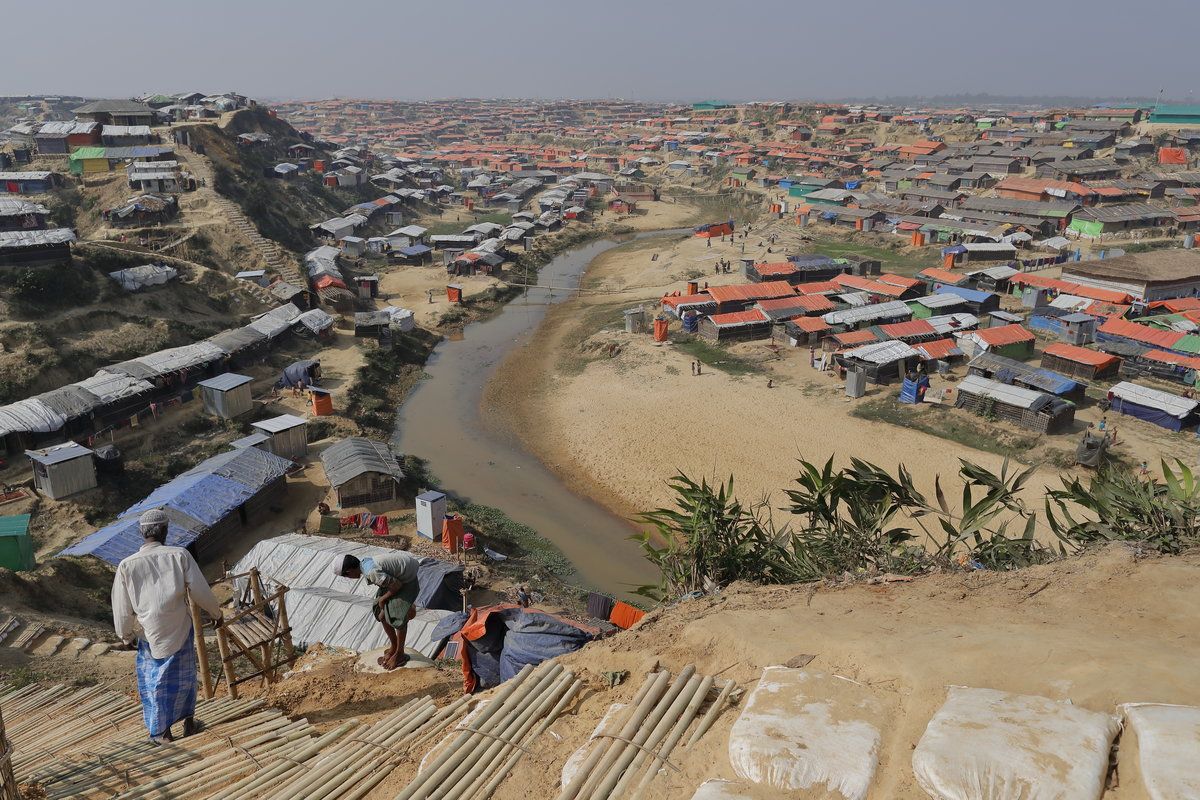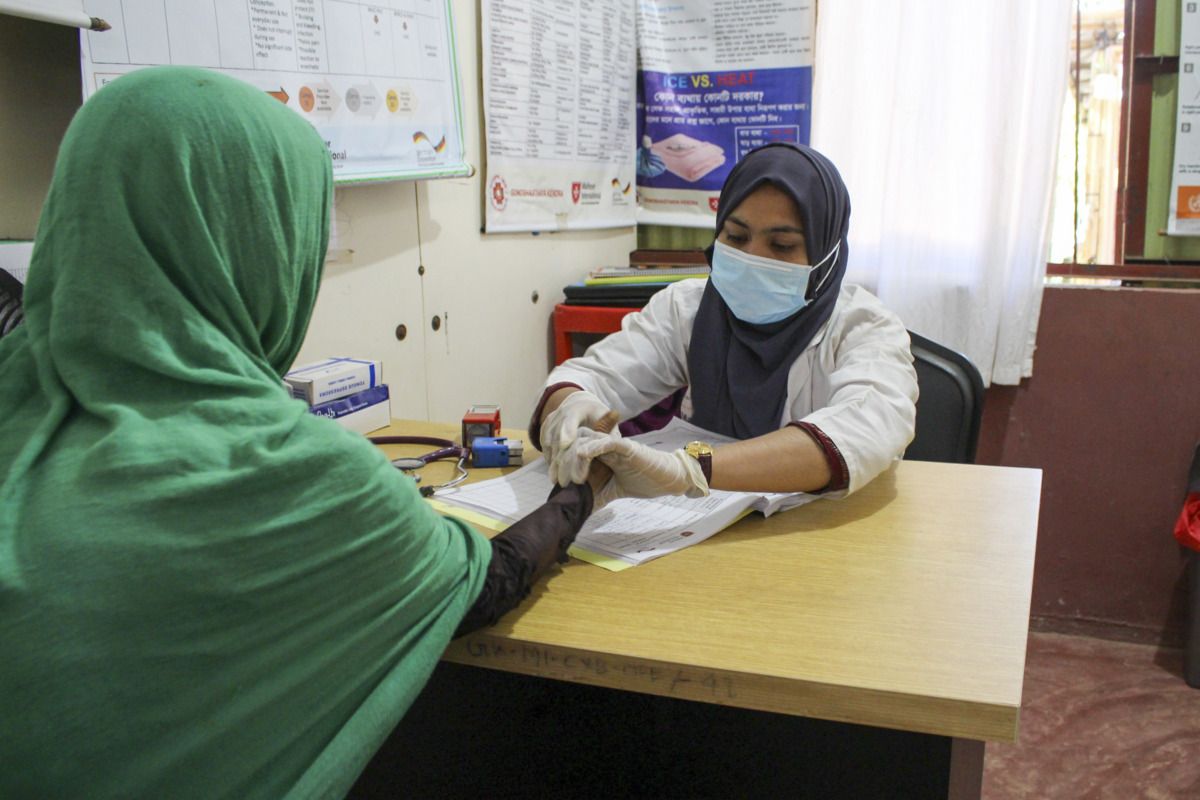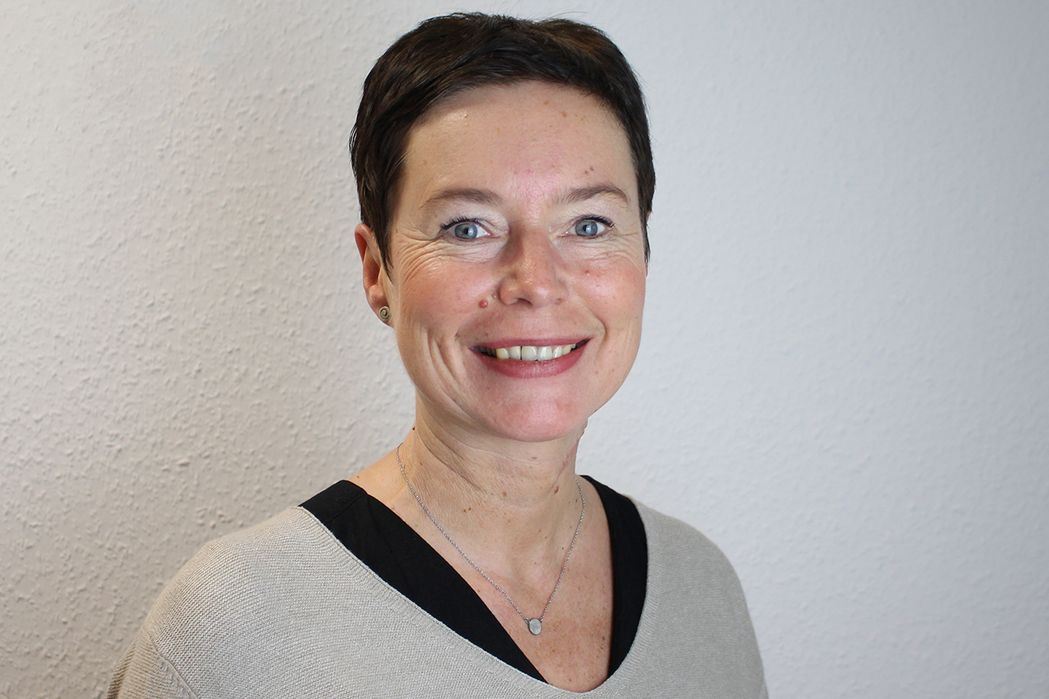Cologne/Cox’s Bazar. Six years ago, more than 740,000 people from the Rohingya ethnic group were forcibly expelled from Myanmar. They found refuge in Bangladesh, leading to the creation of the largest refugee camp in the world. Within the camp, originally established in a provisional manner near Cox's Bazar, the conditions regarding the provision of essential supplies for the inhabitants are steadily worsening. Amidst the multitude of global crises, financial resources allocated to address the Rohingya crisis have been steadily declining.
"The health facilities we support through our Bangladeshi partner organizations are seeing more and more people who are malnourished. Among those most affected by the increasingly limited food supplies are children, pregnant women, and the elderly. The number of people in need of psychosocial support and counseling is also notably high. We offer preventive and curative health services across three health centers. Nevertheless, sustaining this assistance in the future appears challenging due to the crisis fading from the world's attention and a decline in donations," says Cordula Wasser, Head of the Asia Department at Malteser International.
Engaged as healthcare volunteers, the refugees themselves play an active role. They provide information about healthy nutrition and hygiene measures and advise mothers before and after their pregnancies.
Attention editors:
Cordula Wasser, Head of the Asia Department at Malteser International is available for interviews and sound bites.
Operator: +49 (0)221 98227 181, katharina.kiecol(at)malteser-international.org











